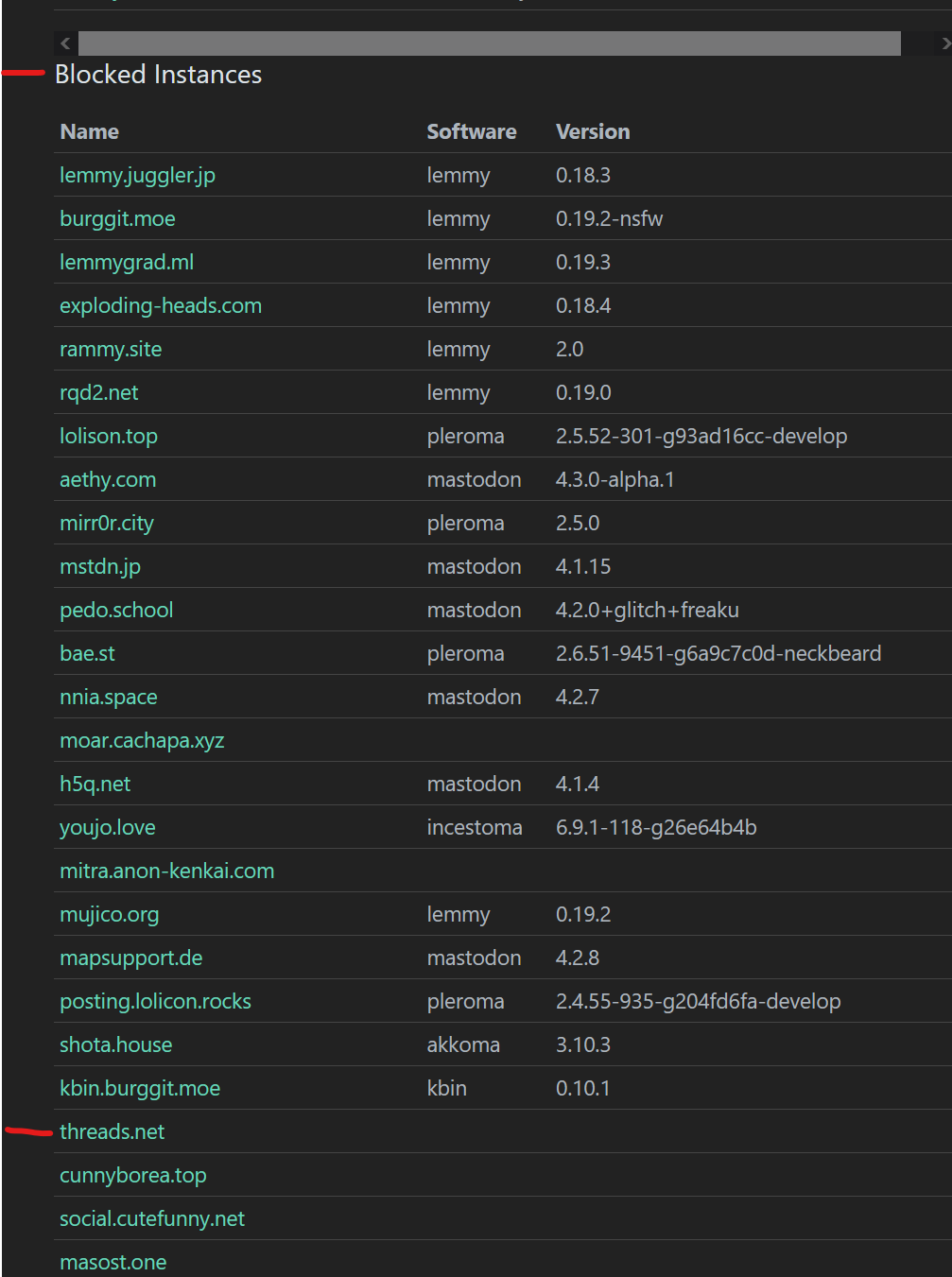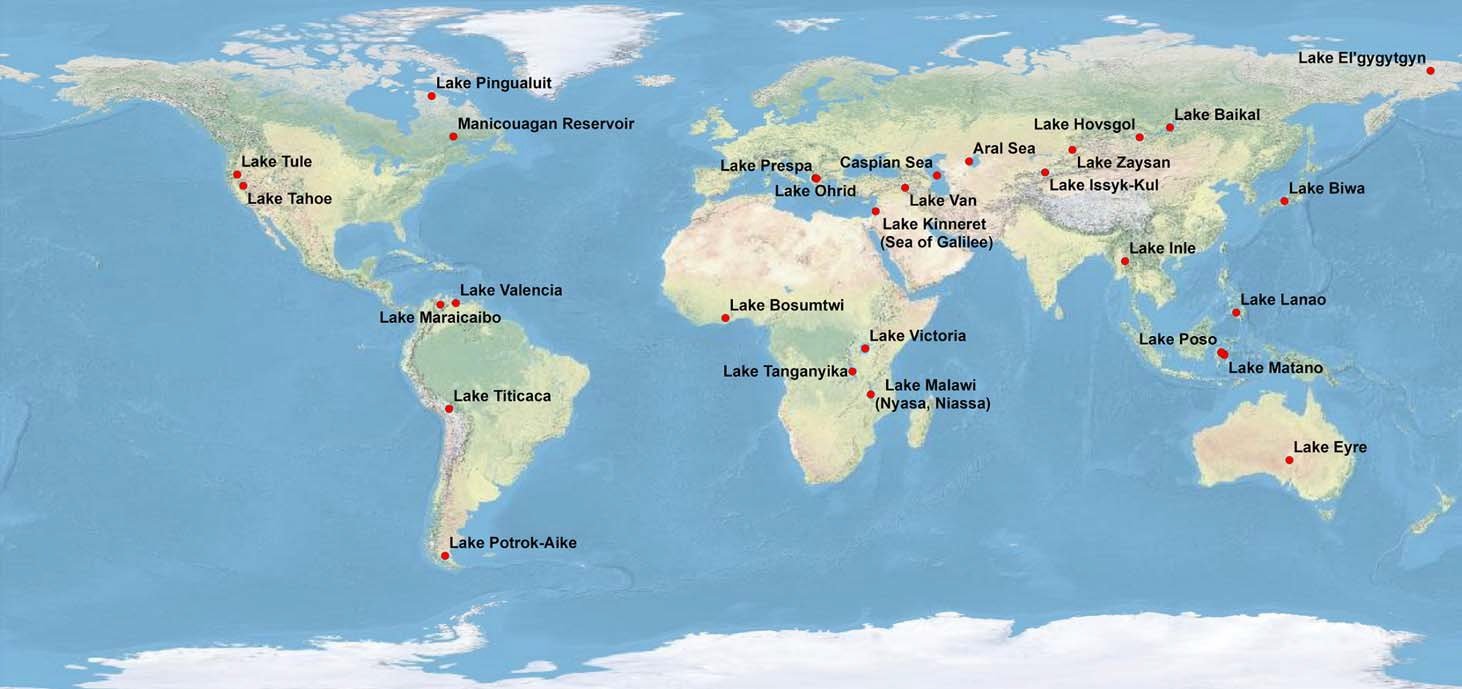Source: https://www.vox.com/2014/5/8/5691954/colonialism-collapse-gif-imperialism
One of the things that bothers people so much about Russia's slow play to gobble up chunks of Ukraine is that countries, by and large, have stopped annexing each others' territory since World War II. This modern success is all the more remarkable by the fact that, for most of history, countries loved to conquer land and subjugate the people living there.
European colonialism has been far and away the worst offender in this regard in the last 500 years. Take a look at this GIF charting the rise and fall of (mostly) European empires from 1492, when the European discovery of the Americas kicked off their movement west and south, to 2008.
A lot of interesting things pop out in that GIF. Thailand never gets colonized by any power, European or Asian. Denmark had the earliest westward European colonies, in Greenland. The Japanese empire was pretty huge in 1938.
But the biggest, most remarkable thing in the map is the ebb and flow in the territory controlled by the big European powers. That reflects a few things. Wars between great powers themselves (say, World War I), colonial conquest (Britain in Australia), conflict between colonial powers (Britain and France in North America), and colonized people throwing out colonizers (the dramatic decline in African colonialism after World War II).
The rise and fall of colonial empires warrants particular attention. Each of these sometimes-century long occupations that transformed daily life for colonized people. These regimes varied in all sorts of ways: the degree to which they literally enslaved colonized subjects, to take a particularly grim example, or the amount to which they allowed local political autonomy.
Scholars are still arguing over the implications of these massive colonial shifts for modern politics, which are undoubtedly dramatic. Take the big-picture global economy: why some countries are rich, and others are poor. Daron Acemoglu, Simon Johnson, and James A. Robinson have proposed that colonialism created a "reversal of fortunes" in economic terms. Previously rich peoples became poor when colonized, while previously poor peoples ended up comparatively wealthier. And both, by and large, remain so today.
Why? Well, the central purpose of European colonialism was to benefit and enrich Europeans. Acemoglu, Johnson, and Robinson propose that created different incentives for European powers in richer and poorer colonized lands. In richer places, they built governments whose task was to steal wealth and resources and send them to Europe, shattering the foundations of local prosperity. In poorer places, they actually built European settler communities, protecting economically useful institutions like private property rights in order to make these communities do well. In both previously poor and previously rich places, these colonial institutions altered the trajectory of their development down to the present day.
The Acemoglu/Johnson/Robinson theory is quite controversial. Other scholars contest the very idea that a reversal of fortunes even happened. That makes sense: given colonialism's immense influence on both colonized and colonizing societies, isolating variables for controlled studies is really hard. There's also a time-span problem: tracking the consistent influence of one variable across hundreds of years can be tricky.
That's, in a way, the point. Colonialism's influence was so immense that we're only just beginning to figure out how to properly measure it.
But there are some things we know, foremost among them that colonialism was brutally nasty business. One estimate suggests that, from 1885 to 1908, Belgian King Leopold II's occupation of the Congo killed 8 million people. R.J. Rummel, a University of Hawaii scholar who spent his life estimate state-perpetrated atrocities, put the 20th century death toll attributable to colonialism at 50 million (behind only the Soviet Union and communist China in total killed). And European colonialism was around for hundreds of years.
So when you see huge chunks of the globe colonized in 1914, and colonial powers shrunk to basically their homelands in 2008, you're seeing one of the greatest humanitarian accomplishments of the past 100 years in action.



We're aware. AFAIK, nobody has expressed interest in taking over that community and bringing it back to life.
@[email protected] would you like to volunteer?